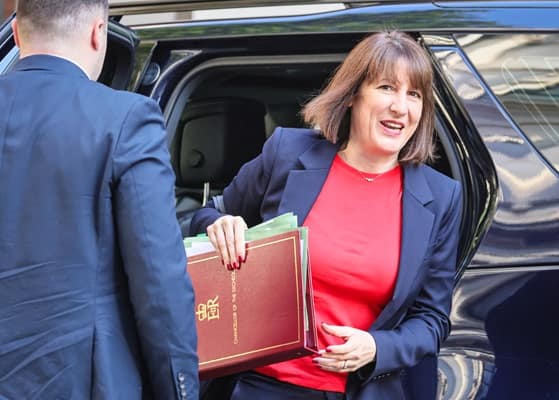The Office for National Statistics (ONS) has announced that public sector borrowing increased to £20.2 billion.
This is the fourth-highest figure on record, which is causing havoc for the Chancellor to meet fiscal rules.
Economists said that the increased deficit with plans to increase defence spending and Sir Keir Starmer’s U-turn on Wednesday with the winter fuel payments indicates that tax rises might be needed.
Ruth Gregory, deputy chief UK economist at Capital Economics, said, “April’s public finances figures showed that despite the boost from the rise in employers’ national insurance (NI) contributions, the fiscal year got off to a poor start.
“With the PM announcing a partial U-turn on the cut to winter fuel payments, the dilemma faced by the Chancellor over how to deal with increased spending pressures in an environment of low economic growth and high interest rates hasn’t gone away.
“With the markets seemingly uneasy about more public borrowing, further tax rises are starting to feel inevitable.”
Matt Swannell, chief economic adviser to the EY Item Club, said increasing borrowing, the continued pressure from US tariffs on economic growth may “more than eliminate the slim headroom” against the Chancellor’s fiscal rules.
He said, “A potential reversal of winter fuel payment cuts and the likelihood that defence spending will need to rise again will make the fiscal arithmetic even more challenging and increase the pressure to generate more revenue through tax rises.”

